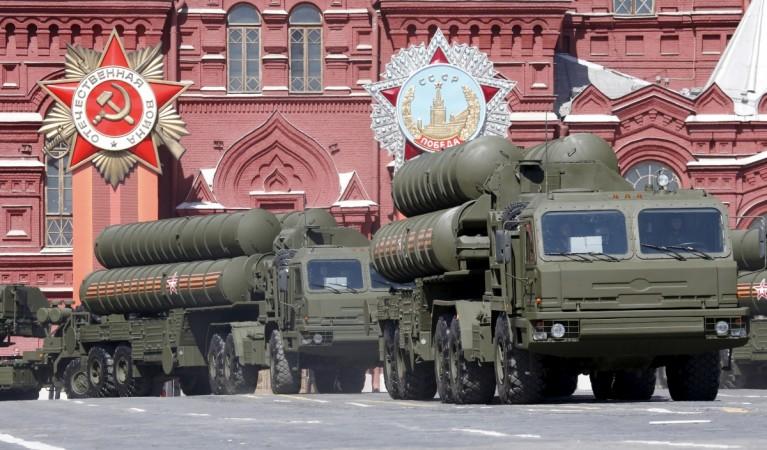
The delivery of Russia's S-400 air defence systems to Turkey will begin in a few days, according to a statement issued by the Russian authorities on Friday, July 5. Turkey is likely to face US sanctions for cooperating with 'adversaries' under a 2019 federal law.
In the recently concluded G-20 summit in Japan, US President Donald Trump showed support for Turkish President Recep Tayyip Erdogan's decision to buy S-400 missiles saying. Trump said, "It's not his fault, citing Turkey's role in the US economy by paying a tremendous amount of money for the purchase of Lockheed Martin's F-35 fighter jets."
However, the US Secretary of State, Mike Pompeo had threatened to halt the purchase of the fighter jets if Turkey decides to not halt its Russian defence purchase.
NATO Secretary-General Jens Stoltenberg said that Russia's decision to ignore the cold-war treaty is alarming, reported Associated Press. He said "we didn't see any sign of Russia being willing to come back into compliance" with the 1987 Intermediate-Range Nuclear Forces (INF) Treaty.
Signed on December 8, 1987, the treaty requires the United States and the Soviet Union to annul all nuclear and ballistic arms with ranges of 500 to 5,000 kilometres.
Erdogan claimed that the decision to purchase the Russian S-400 missiles is for the purpose of strengthening Turkey's military capabilities and denied violating NATO norms.
"As we defend the rights of our country and our friends in the international arena, we see that the embargoes that we are exposed to in the defence industry increase," Erdogan said at a graduating ceremony at the National Defence University in Istanbul.
"Turkey adds value and strength to NATO, too, and expands its vision and scope," he added, reported AP.
According to the Countering America's Adversaries Through Sanctions Act (CAATSA) 2017 law, the US has the power to impose sanctions on any country that participates in trade or defence deal with Iran, North Korea and Russia.
The US-India bilateral relations also suffered major setbacks in the past month after Indian authorities denied scrapping the defence purchase of S-400 missile systems. Similar to the situation with Turkey, the US threatened India of triggering CAATSA sanctions if it didn't abort the deal with Russia.






![Ultrahuman launches Ring PRO, free charging case with more than just power and Jade AI [details]](https://data1.ibtimes.co.in/en/full/829151/ultrahuman-launches-ring-pro-free-charging-case-more-just-power-jade-ai-details.png?w=220&h=138)










